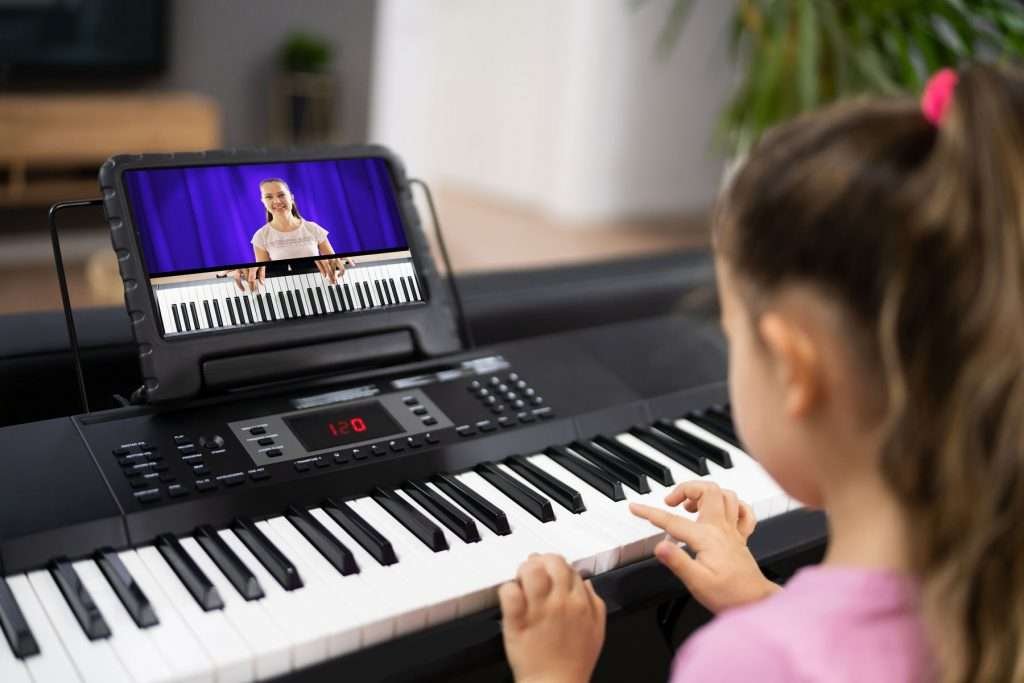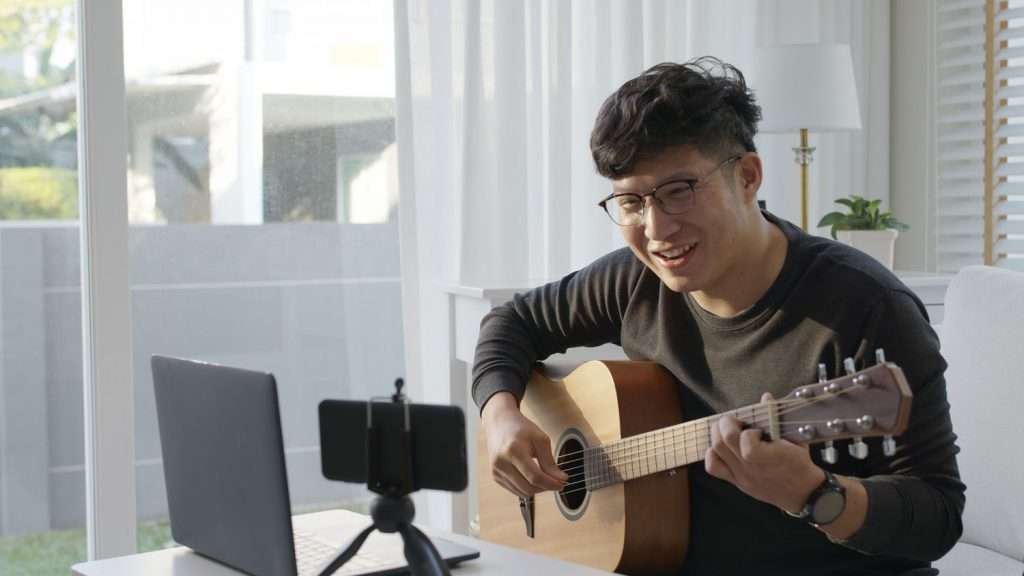The most obvious advantage of teaching in your home is the convenience. It’s challenging to pack all your music supplies and equipment, then deal with the hassle of commuting to reach your teaching destination.
When you’re teaching at home, you can have all your equipment and supplies prepared for your student. Plus, you can make your teaching space inviting and comfortable, so your student will find it easier to focus and enjoy the music lessons.
Although this applies to private music teaching in general, it’s also convenient if you’re ill. If you are unwell, you can call your student or their parents and reschedule the lesson. It’s always a hassle to have to call in sick when working under a contract or in a school.
Teaching in your home also allows you to manage your schedule. You can also set your own prices for your lessons, unlike in schools where there’s a fixed salary.
If you decide to teach on your own, you can do so even if you are only able to teach beginners or you only have performing experience and no official degree. While having an educational background is useful, it’s not a requirement for private teaching. The most important thing is to be able to connect with your students and teach them what you know to the best of your ability. Through this, you can pursue your music teacher career without diplomas and certification.
Teaching privately in your home allows you to pay full attention to your student, as opposed to teaching in a class setting. This way, your student can focus on improving and developing their skills without distraction. It will also be easier for you to pinpoint the areas that they need to work on the most.
Private teaching also enables you to use a specific teaching method with each student. This will make it easier for them to master their skills as you can personalize the curriculum to their style of learning.
When you’re a private teacher, you can be a role model who provides strong motivation for your student. This will allow your student to continue to excel on an individual level.
As your student progresses in their music lessons, you’ll learn how they play, and what teaching methods work best. These observations will help you to introduce a long-term development plan for their lessons. Being a private teacher enables you to guide your student from beginner to professional level.
If you teach in a music school, you’ll have to take and teach any student allocated to you. But as a private music teacher, you can make arrangements if you are unable to deal with a student’s behavior.





